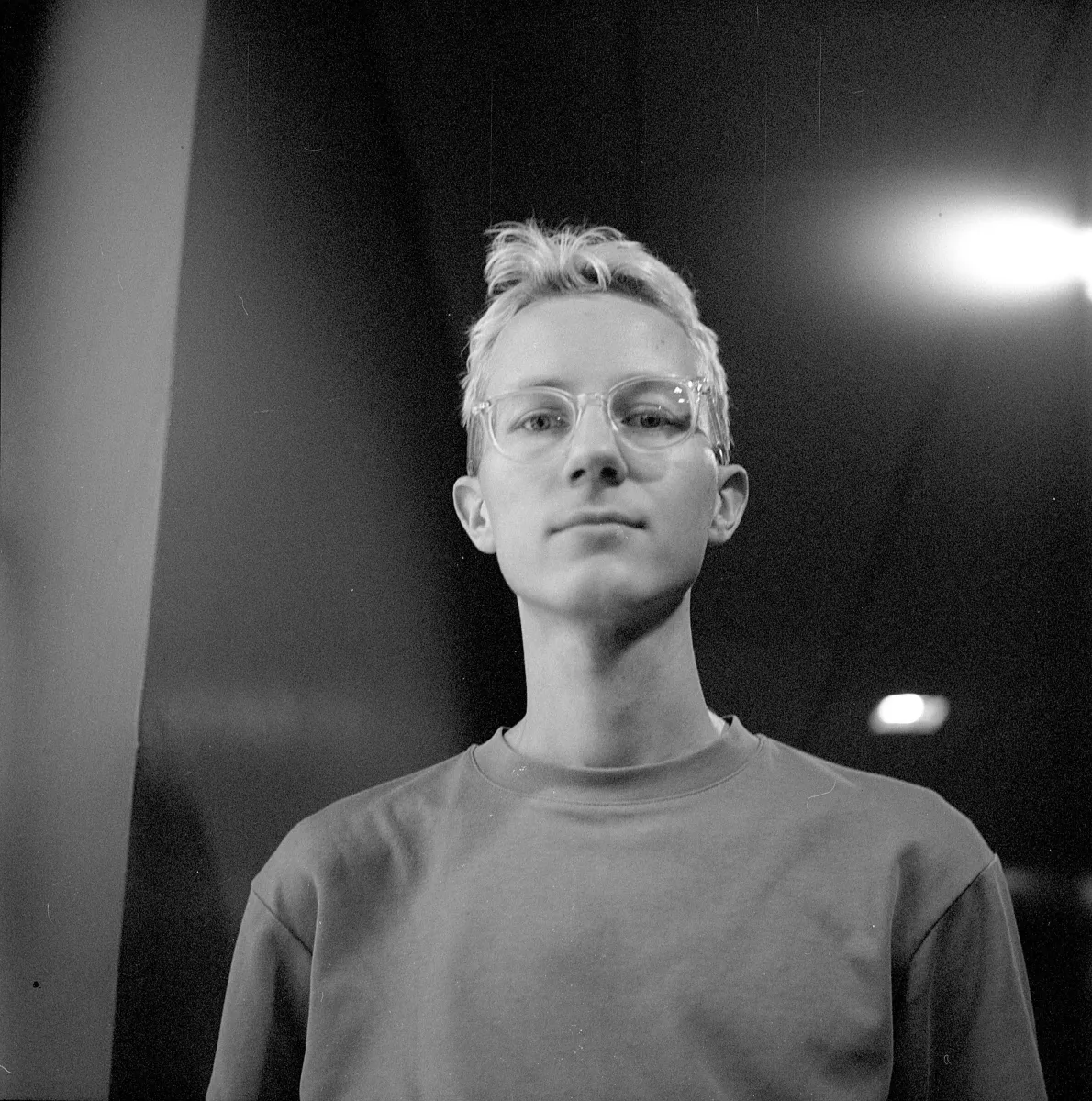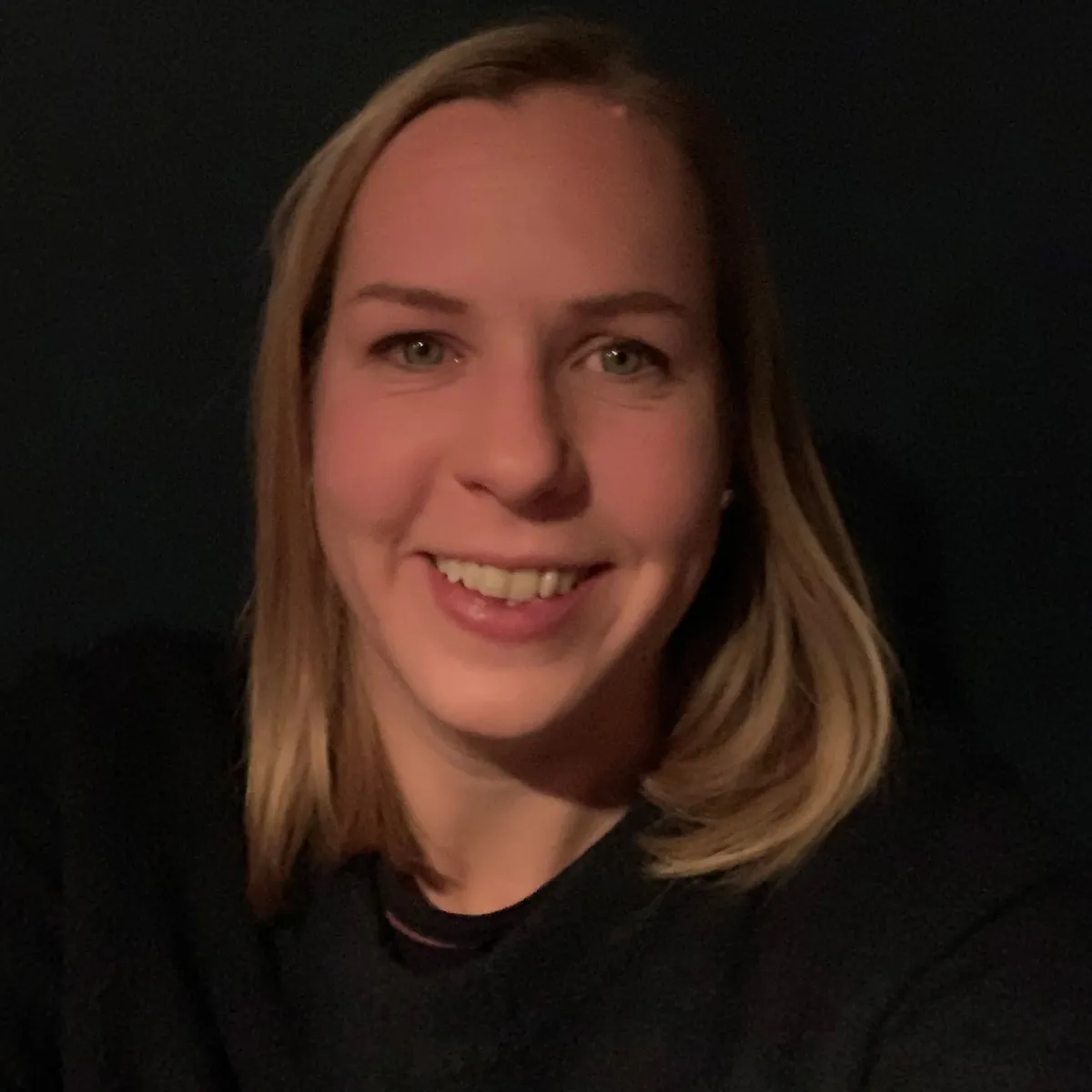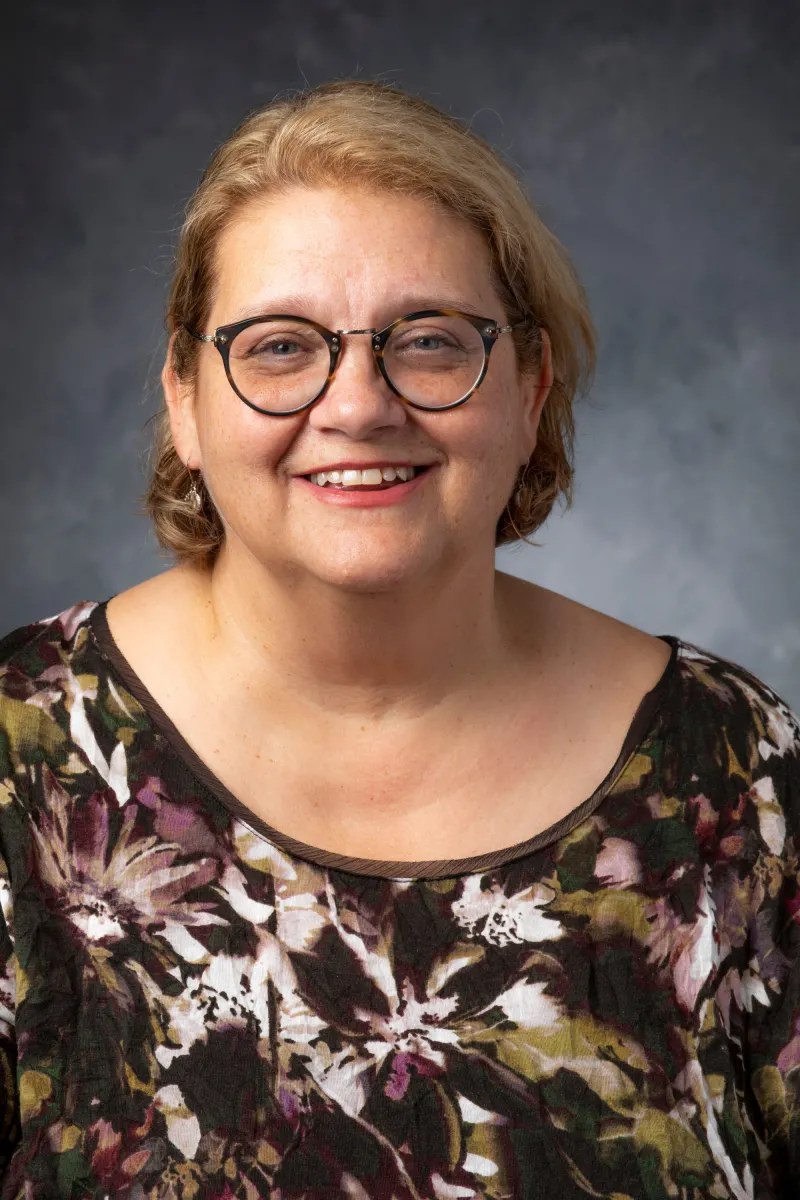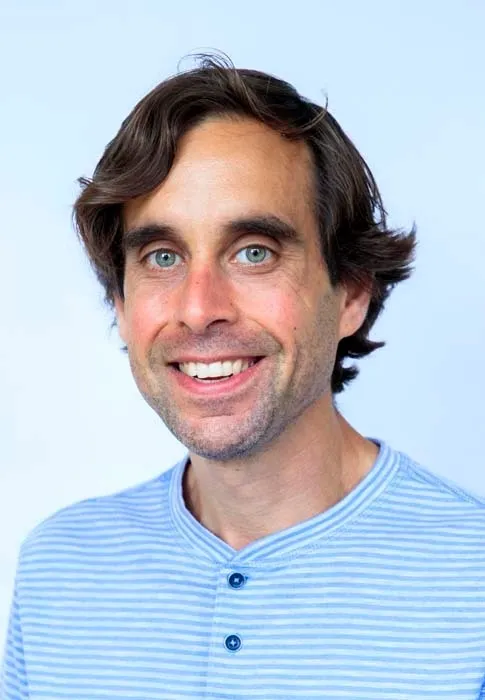-
 Charlie Shackleton, Moderator
Charlie Shackleton, Moderator -
 Emma Simpson, Journeyman Pictures, Speaker
Emma Simpson, Journeyman Pictures, Speaker -
 Ruta Abolins, Brown Media Archives & Peabody Awards Collection, Speaker
Ruta Abolins, Brown Media Archives & Peabody Awards Collection, Speaker -
 Salvatore Botti, Getty Images, Speaker
Salvatore Botti, Getty Images, Speaker
Big changes are happening in the world of archival documentary. In the last few years, institutional archive houses have consolidated their collection, changed their licensing protocols, and raised their costs. Licensing giant Getty Images added the NBC News archives to their already extensive collection; ABC has continually shifted policies to limit licensing, depending on the whims of its parent company, Disney. Despite the increasing prevalence of mainstream archival-heavy documentaries, access to archival materials has become more restricted for independent filmmakers.
What has spurred these changes, and how have they impeded filmmakers? For the largest archives, how has consolidating archives increased their hold on the archival world – and what does it mean for fewer and fewer institutions to control an increasing amount of historical media? In all of these industry-wide changes, what is being done to put the filmmaker first? Despite the frustrations that filmmakers may have with archives, these institutions offer a vital service.
In this panel, moderated by filmmaker Charlie Shackleton, representatives from an array of archives will discuss these challenging issues, while also highlighting the ways in which archives can serve the independent filmmaking community. Amidst all these changes, how are archives becoming more filmmaker-forward and working towards centering filmmakers over corporations? How can we keep archival licensing feasible for independent filmmakers and not just big-budget films and series? In a world of archives merging, instead of limited access, how can we increase access to archival materials instead of siloing off collections?
For more on the subject, read Bonnie Rowan's article in Documentary magazine: How to Discover Rights-Free Materials For Your Film: Two Examples.



